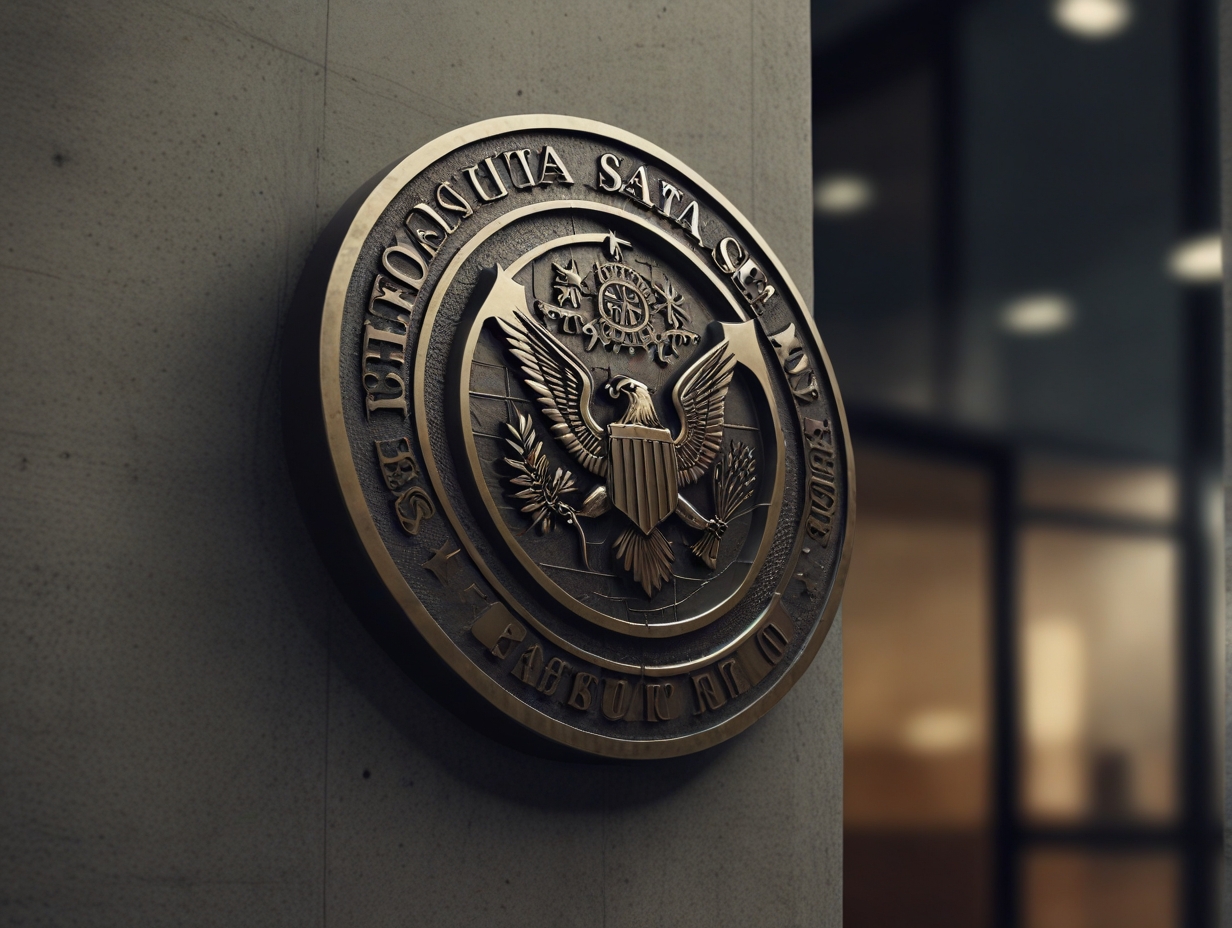Ripple Labs has filed a resistance brief that is accompanied by supporting declarations and exhibits in compliance with the United States Securities and Exchange Commission’s (SEC) remedies-related brief. The result of this should be crucial as it will definitely create a difference in the situation between Ripple and the SEC, which might affect the price of XRP. The opposition brief is an important part of the legal case; it helps achieve the desired ending of the lawsuit and shapes the results for XRP investors.
Pro-XRP attorney Bill Morgan has not ruled out the possibility of agreeing to a settlement when the so-called SEC terms are not realized. He pointed out that a company that has so long remained the leader in the litigation will be unwilling to give in to the SEC’s requirement to pay a $2 billion fine. Nevertheless, talks over the possibility of settlement could be one of the issues from which different points of view may be expressed.
Ripple files resistance brief in SEC lawsuit
To contrast the $2 billion fine with the settlement process, Securities and Exchange Commission enforcement expert Marc Fagel remarked that they are not the same. Contrary to that line of thinking, where the court would directly proceed and remedy the law, a judicial instruction will be necessary to determine the remedy to the case. The SEC agency is one of the ones that would try to appeal the spending to the summary judgment that favored Ripple, and in question would be the XRP token sales classification.
Part of the part – on programmatic sales. It did not satisfy the burden of proof on the “other distributions” category. I don’t think that can be appealed
— bill morgan (@Belisarius2020) April 22, 2024
Mr. Morgan raises Ripple’s liability risk by referring to the court’s decision to classify XRP institutional sales as illegal unregistered securities offerings, which will surely lead to financial consequences. Hence, Morgan considers some of the SEC’s arguments untenable and without merit, especially regarding “other distributions.”
In addition, Judge Analisa Torres may enter a final judgment at a later date, giving the SEC the right to appeal to the Court of Appeals. Whether Coinbase’s appeal will be granted in an interlocutory hearing will have positive implications for the Ripple vs. SEC case and the wider regulatory climate regarding cryptocurrencies in the United States. A positive outcome for Coinbase would be an additional boost for Ripple’s case, while a negative ruling would push the SEC to contest Judge Torres’s decision about the sale of XRP.
Coinbase’s interlocutory appeal
Coinbase case interlocutory appeal‘s decision – tens of thousands of XRP holders and other blockchain-based currencies – may be on the brink of losing legal status and may become a target of losses. SEC case is only one of many such cases of regulation that exist both in the US and worldwide. Such a decision in favor of Coinbase might serve as a guide to the Commission on the sales from the secondary market; policy decisions will be made in this regard, and the case may then be continued/terminated.
Coinbase’s petitions for an interlocutory appeal are a microcosm of what the Ripple case is all about, as they shed light on the legal theories that need to be affirmed for the betterment of the cryptocurrency space. By challenging the SEC’s definition of “investment contract,” Coinbase attempts to defend the cryptocurrency industry, which is very extensive, along with the millions of Americans who invest in cryptocurrencies.
While Ripple has a good chance of success, there is yet no guarantee that the legal fight will be resolved in the firm’s favor. Therefore, the outcome of this legal battle is left hanging in the balance. This Ripple Vs. SEC case contains a plethora of issues to consider; there are settlement negotiations, including a possible fine and a chance of an appeal. In many ways, the SEC case goes beyond the crypto community because the media and even non-crypto enthusiasts are actively following developments on this lawsuit.
Land a High-Paying Web3 Job in 90 Days: The Ultimate Roadmap
